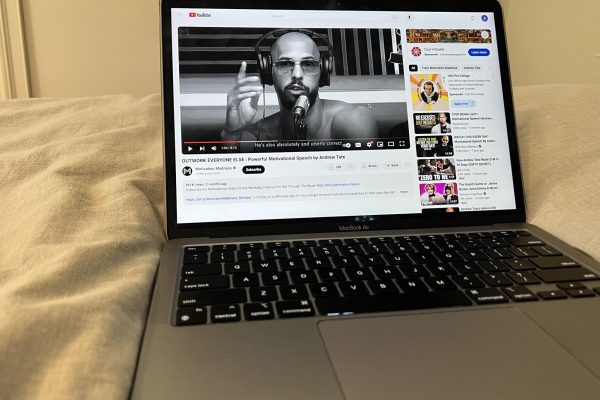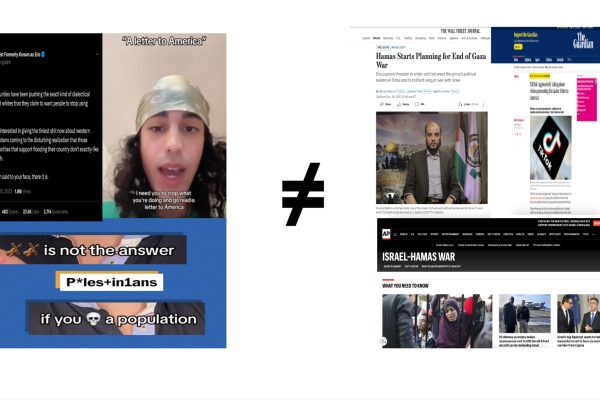Column: The police rape loophole everyone should know about

Image of police hat. Recent sexual assault cases in New York have shed light on a dangerous legal loophole. Image source: The City of Asheville.
Two of my expectations for America are as follows: strong and secure laws and law enforcement that protects us, not harms us.
This past October, two policemen were charged with the kidnapping and rape of an eighteen year old girl in New York. This young woman accused both policemen of taking turns brutally raping her in the backseat of their police van after she was arrested on a drug charge.
When I heard this appalling news, I assumed that these two officers would be tried immediately like any other rape case. I was wrong.
The victim’s attorney, Michael David, told CNN that it was “outrageous” that it took six weeks to charge the officers. David also criticized the low bail that was set for both officers for a kidnapping and rape case of this degree.
I was baffled how this case was being treated so nonchalantly, as well as moving very slowly. With more research on this case, I came across a legal loophole. There is no specific law stating that it is illegal for policemen to have sex with someone in their custody. Over thirty five states have this indistinctly written laws, which can permit policemen to escape sexual assault charges by saying that the victims consented to the act.
The state statute that prohibits sexual contact between correctional and parole officers and those in their custody does not specifically rule out sexual contact between police officers and people they detain or arrest. Due to this outrageous loophole, it has made it so only 150 law enforcement officers were charged with sexual assault out of the over 700 that were accused in the past 12 years.
Similar to the recent police rape case in New York, a Birmingham, Alabama officer was convicted of raping a woman in his custody in 2008. He was sentenced to only eighteen months in prison.
In the same year, an Arizona tribal officer, who pleaded guilty for forcing a woman to have sex with him after he arrested her, was sentenced to only two years. Many of similar cases have been acquitted or dropped due to this unrecognized flaw in this vital law.
New York City Council members have recently closed this loophole after the October New York case and specifically prohibited sexual contact between police officers and individuals in their custody.
“It is simply wrong that someone exercising custodial government authority, such as a police officer, would violate the trust that should exist between law enforcement and the communities they serve,” New York Assembly Speaker Carl Heastie wrote in a statement.
It is excellent news that New York has now closed this loophole, but all states should do the same to correctly rewrite the law.
I will never blame sexual predators’ actions on loopholes like this one; the predators themselves are the ones to blame. However, law enforcement sexual predators, in particular, have received light sentences and had means of escape for their actions and still do.
No one should be in a position where they have no power to speak up. No one should be harmed by the people who are supposed to keep us safe. We need to be mindful of our laws and strengthen them, as to ensure that no police officer will take advantage of their authority again.

Lola Lamberg was on the Oracle staff for four years from 2017 until her graduation date of 2021. Lamberg joined the Oracle in 2017 as a political columnist...





![Freshman Milan Earl and sophomore Lucy Kaplan sit with their grandparents at Archer’s annual Grandparents and Special Friends Day Friday, March 15. The event took place over three 75-minute sessions. “[I hope my grandparents] gain an understanding about what I do, Kaplan said, because I know they ask a lot of questions and can sort of see what I do in school and what the experience is like to be here.](https://archeroracle.org/wp-content/uploads/2024/03/grandparents-day-option-2-1200x800.jpg)



























































